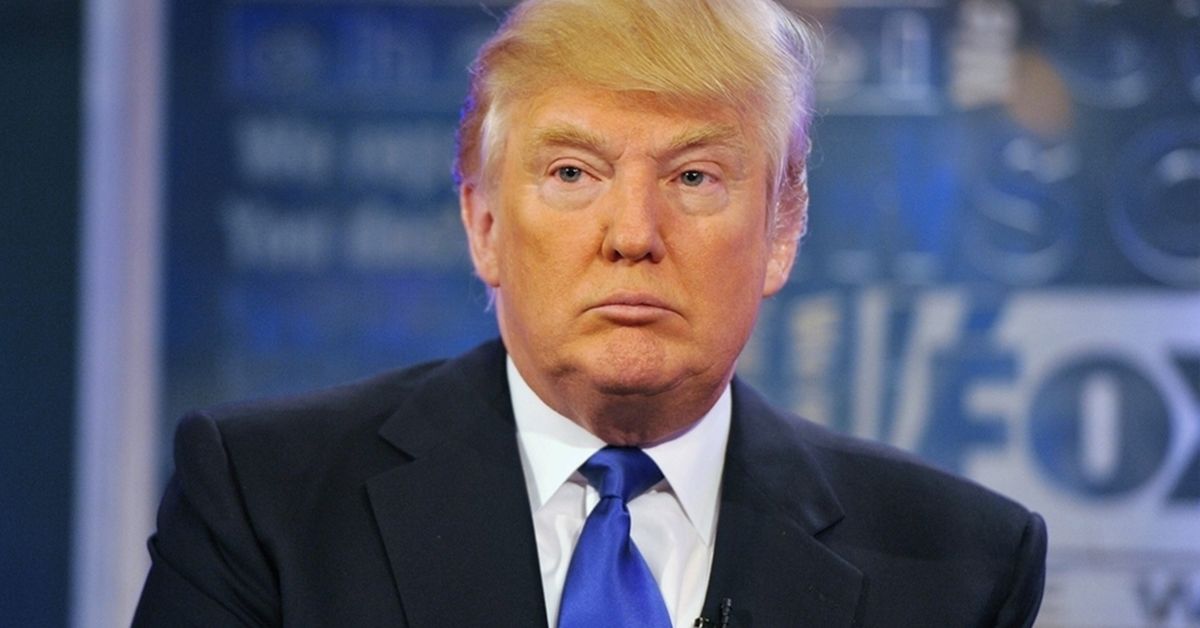The top Democrat on the Senate Judiciary Committee has released a transcript of a 22 August 2017 interview by congressional investigators of Glenn Simpson, founder of Fusion GPS, which is the research firm for whom a former British spy created a now-infamous collection of memoranda that has come to be known as the Trump-Russia dossier.
The dossier became public and the source of intense inquiry and partisan flamethrowing after BuzzFeed News published it on 10 January 2017 — just days before President Donald Trump's inauguration. Since then, it has been blasted by the president as "fake news," while Senate Republicans have sought to bring charges against its author, former MI6 agent Christopher Steele.
But in the 300-plus page transcript of the interview released by Sen. Dianne Feinstein (D-California) on 9 January 2018, Simpson spoke highly of Steele, noting he insisted on contacting the Federal Bureau of Investigation once he uncovered what he believed to be evidence of wrongdoing. Simpson also described Steele as a modest "Boy Scout" with a sterling reputation, who is respected and regarded as reliable by his peers in the international intelligence community.
Simpson said his firm contracted with Steele, a Russia expert, to help do fact-finding and research on Trump for unnamed political clients in the run-up to the election, and while he expected Steele to turn up evidence of corruption involving Trump's business dealings, he was caught off guard by the information Steele was compiling, which seemed to indicate something more sinister was afoot.
Simpson testified:
You know, Russia is a dangerous place, it's a kleptocracy and a police state, but it's also a giant bureaucracy and in some ways it's a much more open society, much more open than the Soviet Union ever was. You can pull records for companies and that sort of thing.
Anyway, so this was unusual in what we were doing here and it's not what I had in mind when I asked him to begin collecting information on this. My expectation was of something a lot less interesting than this, more along the lines of a typical corruption investigation.
In the course of the voluntary, hours-long interview, Simpson and his attorney Josh Levy declined to release the names of clients and sources, saying that revealing sources could endanger lives.
When asked by Heather Sawyer, Chief Oversight Counsel for Feinstein, about Steele's conversations with the FBI, Simpson said the FBI "believed" Steele because they had independently corroborated information about Russian contacts with the Trump campaign with an anonymous source within the campaign itself who had reached out to them out of concern:
Essentially what [Steele] told me was they had other intelligence about this matter from an internal Trump campaign source and that — that they — my understanding was that they believed Chris at this point — that they believed Chris's information might be credible because they had other intelligence that indicated the same thing and one of those pieces of intelligence was a human source from inside the Trump organization.
[...]
It was someone like us who decided to pick up the phone and report something.
In declining to further elaborate on the identity of the FBI's source within the Trump campaign, Simpson said:
There are some things I know that I just don't feel comfortable sharing because obviously it's been in the news a lot lately that people who get in the way of the Russians tend to get hurt.
When Jason Foster, Chief Oversight Counsel for Sen. Chuck Grassley (R-Iowa) pressed Simpson again on verifying the credibility of sources, Levy fired back:
It's a voluntary interview, and in addition to that he wants to be very careful to protect his sources. Somebody's already been killed as a result of the publication of this dossier and no harm should come to anybody related to this honest work.
Simpson told investigators that one of Steele's top concerns was that the Russians had collected blackmail material on Trump because it is well known that the country's intelligence agencies do so regularly:
Well, the facts are — beyond what's here I don't have any additional facts. The alleged incident that's described here is the one that he was referring to. As I say, I don't have really any additional information beyond this except that — I mean, it's probably in here somewhere actually, but it's well known in intelligence circles that the Russians have cameras in all the luxury hotel rooms and there are memoirs written about this by former Russian intelligence agents I could quote you. So the problem of kompromat and kompromating is just endemic to east-west intelligence work. So that's what I'm referring to. That's what he's referring to.
The idea of kompromat (a Russian portmanteau meaning compromising material on individuals or groups of people intended to damage their reputations) on Trump has led to some of the most explosive speculation about the claims made in the dossier, in particular the potential existence of a sexually explicit video in the possession of the Russian government from a hotel room at the Ritz-Carlton hotel Moscow during Trump's 2013 trip there.
